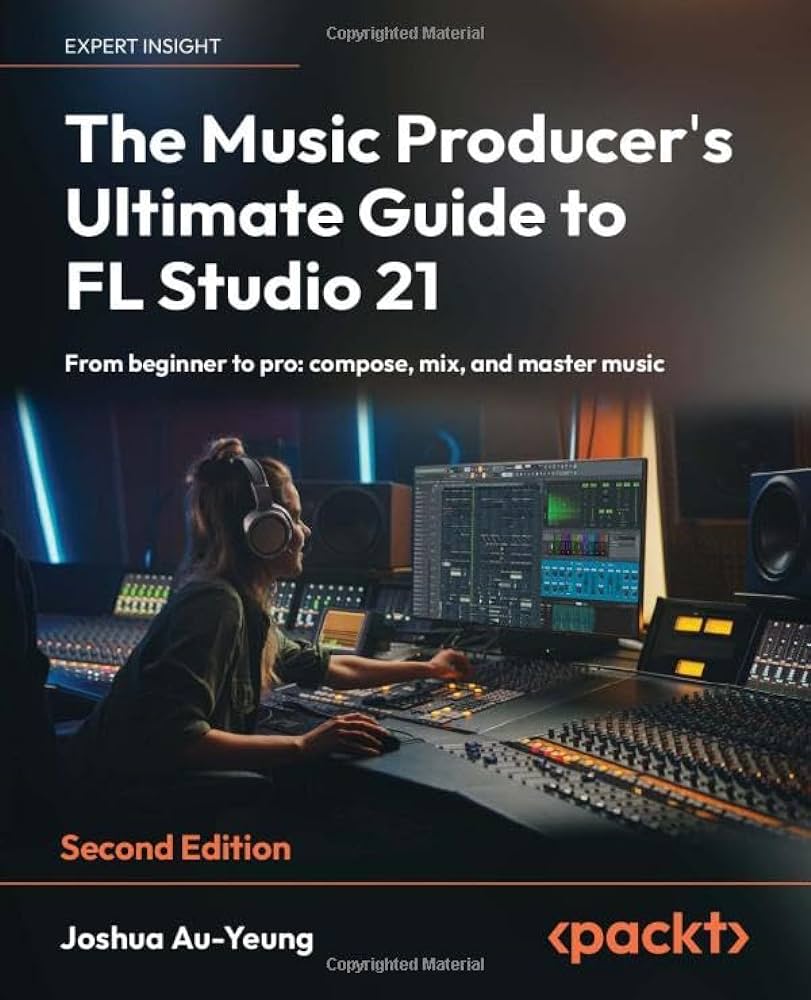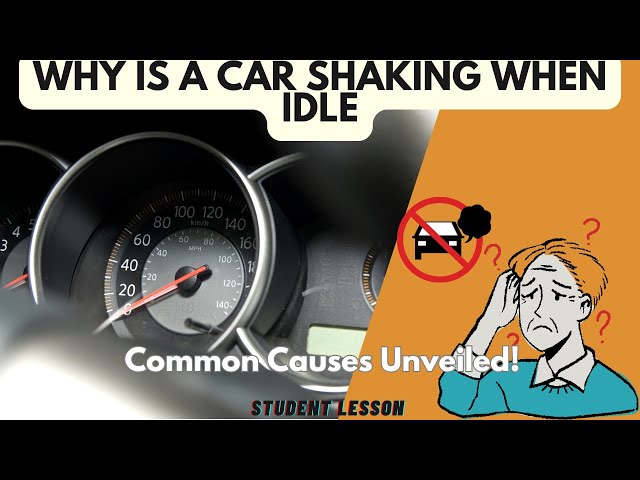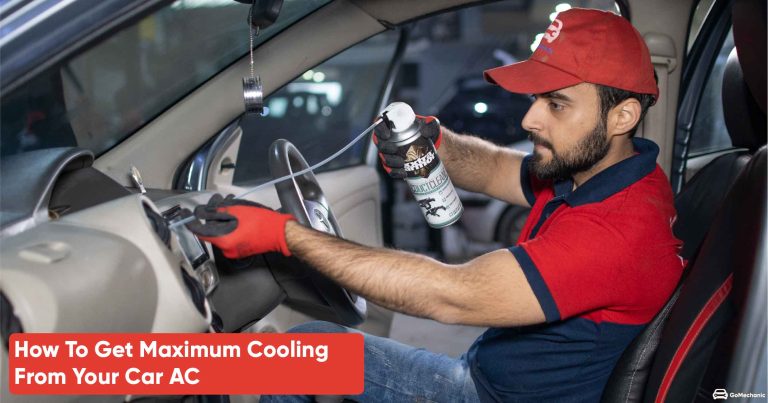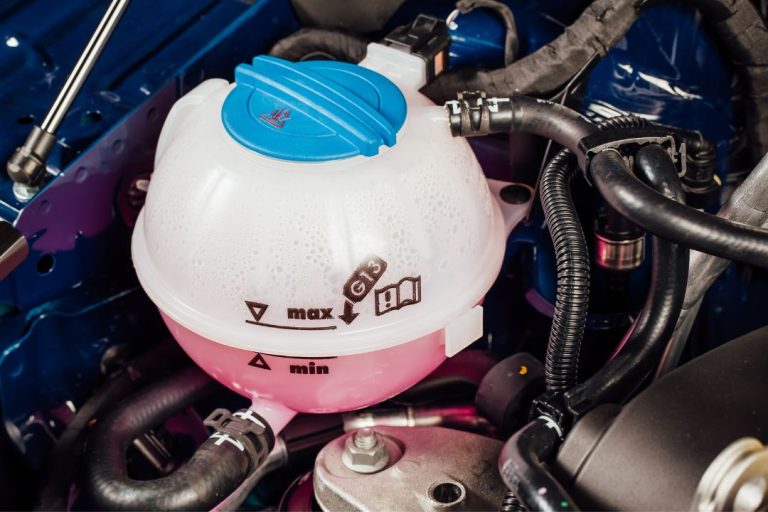What Happens When Your AC Compressor Goes Out – Expert Insights
When your AC compressor goes out, your air conditioner will blow warm air and may have reduced airflow. Driving with a broken AC compressor is not recommended as it can lead to further damage to your vehicle’s engine and overall health.
Signs that indicate a failing AC compressor include unusual noises, reduced cooling performance, and potential refrigerant leaks. If your AC compressor is malfunctioning, it’s essential to address the issue promptly to avoid more significant problems in the long run. Ignoring a faulty compressor can result in higher energy bills, discomfort while driving, and potential safety hazards.
Regular maintenance and timely repairs can help keep your AC system running efficiently and prolong its lifespan.

Credit: www.amazon.com
Signs Of A Failing Ac Compressor
When your AC compressor is failing, you may notice signs such as ticking or chattering noises, reduced airflow, warmer air, refrigerant leaks, and tripping circuit breakers. It’s best to avoid driving with a broken compressor, as it can cause further damage to your vehicle.
A failing compressor can lead to issues like loud noises, inadequate cooling, and increased power bills.
Unusual Noises:
If you hear ticking, chattering, rattling, or rumbling noises, it might indicate a failing AC compressor. These sounds are a red flag.
Less Air Flow:
When the air coming out of your vents is significantly weaker than usual, it could be a sign of a failing AC compressor.
Warmer Air:
If the air from your AC feels warmer than normal despite the settings, the compressor may be struggling and needs attention.
Refrigerant Leaks:
Leaks in the refrigerant line can be another indicator of a failing AC compressor, leading to inefficient cooling.
Effects Of A Bad Ac Compressor
The compressor in your AC system plays a crucial role in maintaining a cool and comfortable environment in your home or vehicle. When the AC compressor goes out, it can lead to various issues that can impact not only the performance of your cooling system but also your health and the overall functionality of the entire AC unit.
Engine Damage
- A bad AC compressor can put a strain on the engine, leading to potential damage over time.
- Excessive wear on the engine components may result from the compressor not functioning properly.
- Engine overheating is a risk when the AC compressor is faulty, affecting the overall performance of the vehicle.
Health Risks
- Poor air quality can arise from a bad AC compressor, exposing occupants to allergens and pollutants.
- Increased humidity from a malfunctioning AC can create a breeding ground for mold and bacteria.
- Respiratory issues, allergies, and other health problems may be exacerbated when the AC system is not functioning correctly.
Overall System Failure
- Failure of the AC compressor can lead to a domino effect, causing other components to malfunction.
- System breakdown can occur when the compressor is not repaired promptly, leading to a complete loss of cooling.
- Ignoring a bad AC compressor can result in costly repairs or even the need for a full system replacement.
Can You Still Drive With A Bad Ac Compressor?
Driving with a bad AC compressor is not recommended as it can have detrimental effects on your vehicle’s safety, performance, and your comfort. Let’s explore the potential risks and consequences associated with driving a vehicle with a malfunctioning AC compressor.
Safety Concerns
When your AC compressor fails, the safety of your vehicle can be compromised. A malfunctioning compressor can lead to erratic cooling and heating, which may impair your visibility by causing fogging on the windshield, ultimately jeopardizing your ability to drive safely.
Impact On Vehicle
A bad AC compressor can put additional strain on your engine, potentially leading to overheating and reduced fuel efficiency. This can result in costly repairs and long-term damage to your vehicle’s internal components.
Potential Consequences
Continuing to drive with a faulty AC compressor can exacerbate the issue, leading to more extensive and expensive repairs down the line. Additionally, it can impact your comfort during the drive, causing discomfort due to the lack of proper temperature regulation.

Credit: www.russomusic.com
Repairing A Bad Ac Compressor
When your AC compressor goes out, you may experience loud noises, warm air, and poor airflow. Running your car with a faulty compressor can lead to further damage. Addressing these issues promptly is crucial to prevent more extensive repairs.
Cost Considerations
When considering repairing a bad AC compressor, one of the main factors to take into account is the cost of the repair. The cost of repairing an AC compressor can vary depending on several factors, including the make and model of your air conditioning unit, the extent of the damage, and the availability of replacement parts. In general, the cost of repairing an AC compressor can range from $500 to $1,500.
Replacement Vs. Repair
Another important consideration when dealing with a bad AC compressor is whether to opt for a repair or a complete replacement. In some cases, a minor repair may be sufficient to fix the issue and restore the function of your AC unit. However, if the damage is severe or if your compressor is old and nearing the end of its lifespan, a replacement may be the more cost-effective and efficient option. It’s important to consult with a professional HVAC technician to assess the situation and provide recommendations based on the specific circumstances of your AC compressor.
Professional Assistance
Repairing an AC compressor is a complex task that requires thorough knowledge and experience. It is not recommended to attempt a repair without the proper expertise and tools, as this can lead to further damage or personal injury. Hiring a professional HVAC technician ensures that the repair is done correctly and safely. They have the expertise to diagnose the issue accurately, recommend the most suitable solution, and carry out the repair with precision. Additionally, professional assistance provides you with peace of mind knowing that the repair is completed to industry standards.
In conclusion, repairing a bad AC compressor involves considering the cost of repair, weighing the pros and cons of repair vs. replacement, and seeking professional assistance to ensure the repair is done correctly. By taking these factors into account and consulting with a trusted HVAC technician, you can make an informed decision that will restore the functionality and efficiency of your AC unit.
Preventing Ac Compressor Failure
To prevent AC compressor failure, it’s essential to address signs like unusual noises, decreased airflow, warmer air, refrigerant leaks, or tripping circuit breakers. When the compressor fails, airflow reduces, warm air blows, and the system may run continuously without cooling efficiently, leading to higher energy bills.
Regular maintenance, early warning signs, and proper usage are crucial in preventing AC compressor failure. By taking these proactive steps, you can ensure that your AC compressor stays in good condition and avoid costly repairs or replacements.Regular Maintenance
Regular maintenance is key to preventing AC compressor failure. Here are some maintenance tasks you should perform on a regular basis:- Clean or replace air filters every 1-3 months to ensure proper airflow and reduce strain on the compressor.
- Inspect and clean the outdoor condenser unit to remove debris that can obstruct airflow and cause the compressor to overheat.
- Check the refrigerant levels and recharge if necessary. Low refrigerant levels can put excessive strain on the compressor.
- Inspect electrical connections, wiring, and controls for any signs of damage or wear. Faulty electrical components can cause the compressor to fail.
- Have a professional HVAC technician perform regular maintenance and tune-ups to catch any potential issues before they become major problems.
Early Warning Signs
Being aware of the early warning signs of AC compressor failure can help you take action before it’s too late. Here are some signs to look out for:- Unusual noises like ticking, chattering, rattling, or rumbling coming from the AC unit.
- Reduced airflow or weak air coming out of the vents.
- Warmer air flowing out of the vents despite setting the thermostat to a cooler temperature.
- Refrigerant leaks, indicated by oil spots or stains near the AC unit.
- Frequent circuit breaker trips when the AC is running.
- Vibrations or shaking of the AC unit when it starts up.
Proper Usage
Proper usage of your AC system can significantly extend the lifespan of your compressor. Here are some usage tips to keep in mind:- Avoid setting the thermostat too low. This can put excessive strain on the compressor and increase the risk of failure.
- Keep windows and doors closed when the AC is running to prevent hot air from entering and forcing the compressor to work harder.
- Use ceiling fans or portable fans to help circulate cool air throughout the room, reducing the workload on the compressor.
- Do not run the AC system continuously for long periods. Give it regular breaks to prevent overheating.
- Consider using a programmable thermostat to regulate temperature and reduce the amount of time the compressor runs.

Credit: www.russomusic.com
Frequently Asked Questions On What Happens When Your Ac Compressor Goes Out
What Are Signs That Your Ac Compressor Is Going Out?
Signs of a failing AC compressor include ticking or rattling noises, reduced air flow, warmer air blowing, refrigerant leaks, and tripping circuit breakers. Driving with a bad compressor can damage the engine and your health. A failing compressor may also cause loud noises, hot air, weakened airflow, and electrical issues.
Can You Still Drive If Your Ac Compressor Goes Out?
No, it’s not recommended to drive with a broken AC compressor. It can cause damage to your engine and health.
What Happens When The Ac Compressor Goes Bad?
When the AC compressor goes bad, you might experience loud noises, hot air, airflow issues, uneven cooling, and electrical problems. It’s not recommended to drive with a broken AC compressor as it can cause damage to your engine and health.
Can You Run Ac With Broken Compressor?
It’s not recommended to run the AC with a broken compressor as it can damage the engine and your health.
Conclusion
When your AC compressor goes out, you may experience decreased airflow, warmer air, and abnormal noises. Driving with a faulty compressor can lead to additional engine and health issues. It’s vital to address compressor problems promptly to avoid further damage and discomfort.
Regular maintenance can help prevent these issues.







